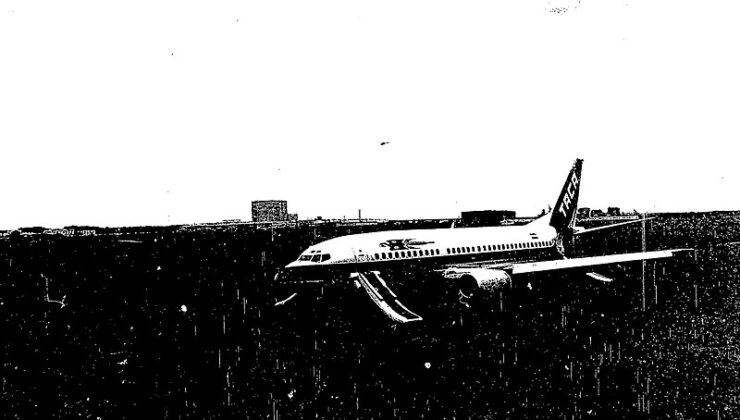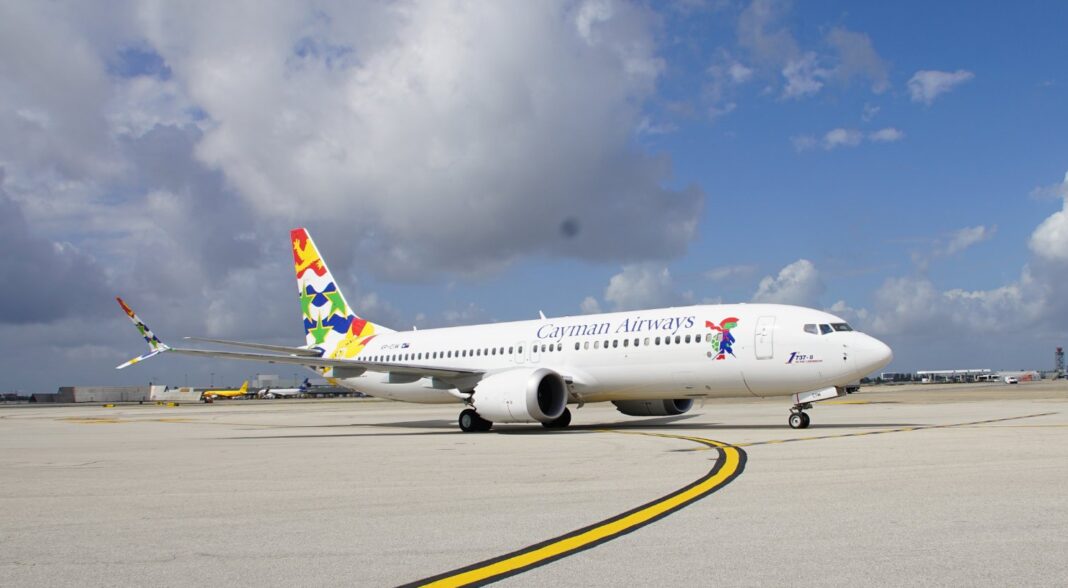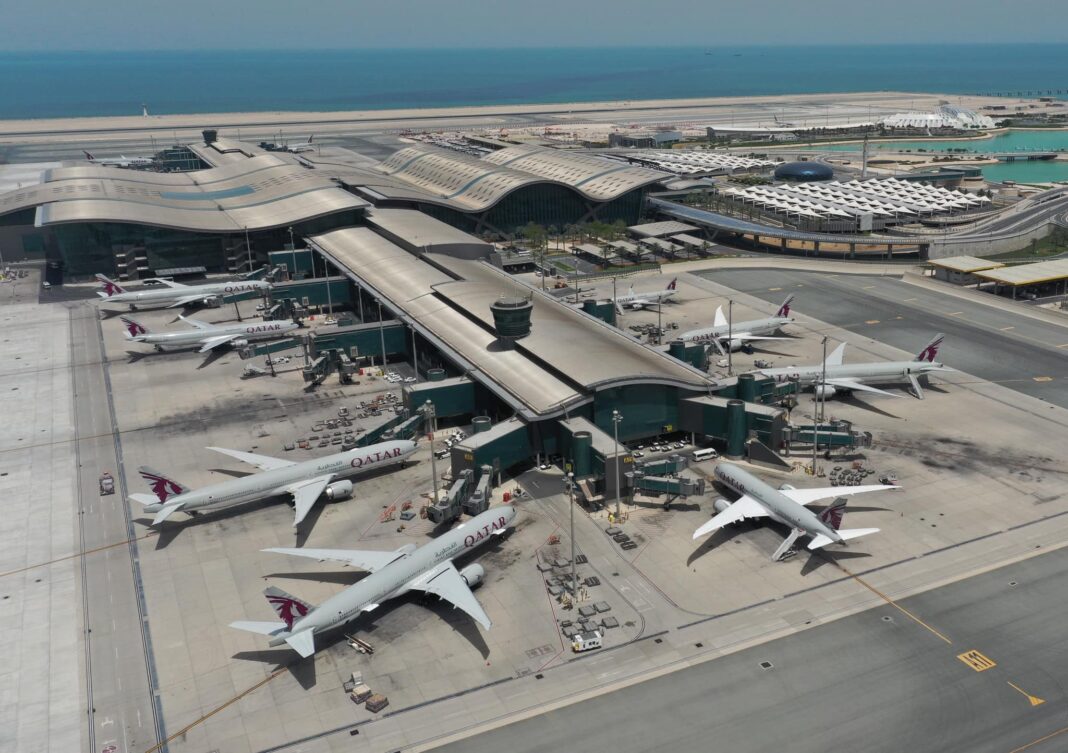The world of aviation has witnessed historic feats that endure in collective memory. However, few stories can match the intensity of the Flight 110 of TACA, an incident that occurred 35 years ago, on May 24, 1988, over New Orleans. This fascinating tale of technological challenges and human determination features Captain Carlos Dardano, a pilot who had defied fate on more than one occasion, and who has ended his commercial aviation career.
In 1985, during the Civil War in El Salvador, Captain Dardano’s aviation career took a devastating hit. While operating a DC-3 cargo plane, a stray bullet from the ground conflict pierced the cockpit, causing the loss of his left eye. However, Dardano refused to give up. After securing approval from the FAA, he obtained his license to operate commercial aircraft despite his disability, showcasing his exceptional skill and unwavering commitment.
TACA 110: Landing Nowhere
On May 24, 1988, adverse weather conditions led to a rare double engine failure on the Boeing 737-3T0 that Captain Dardano was piloting. The aircraft’s age was not a factor in this case, as it had only 60 flight cycles since its factory delivery at that time.
When both CFM56-3B-1 engines failed while inadvertently flying through a level four storm, Dardano’s 13,400 flight hours came into play.
With the support of his First Officer, Dionisio López, who had over 12,000 flight hours logged, and Captain Arturo Soley, an instructor evaluating the performance of the newly introduced 737-300, Dardano successfully steered the powerless aircraft towards a dirt embankment near the Michoud Assembly Facility. None of the people on board, the crew or the 45 passengers, suffered serious injuries.
The National Transportation Safety Board (NTSB) concluded that the primary cause of the TACA Flight 110 incident was a double engine failure due to massive water ingestion that occurred while traversing an area of heavy rain and hail.
This incident served as a catalyst for the redesign of engines and FADEC (Full Authority Digital Engine Control) systems. This way, it is expected that similar weather conditions will not cause engine inoperability in the future.
[Link to the related tweet](https://twitter.com/CEPASV/status/1698114729741316363)After 35 years since the events of 1988 and 49 years of flying, on September 1, Captain Carlos Dardano announced his retirement from commercial aviation, thus marking a milestone in the history of aeronautics, a testament to tenacity and skill in the world of aviation.
At El Salvador International Airport (SAL), Captain Dardano was greeted with applause from the aviation staff, firefighters, and his colleagues. As he descended from the Airbus A320neo, he uttered words that will resonate in everyone’s memory: «Mission Accomplished».











I saw Captain Dardano’s story on Mayday: Air Disasters – no where to land. I was amazed at how calm he was able to remain in such a dire situation, utilizing all his senses (minus depth perception) and keeping his wits about him until he spotted the levee that would ultimately become his make shift runway. He saved many lives – with the help of his co-pilot and the other captain flying with them that day. Truly amazing. The man is a hero of mine. I would love to learn how to fly from him!
His heroic landing of that flight (110) is one of my favorite episodes on “Air Disasters” … and to think he did it with one eye! God bless him AND his crew.